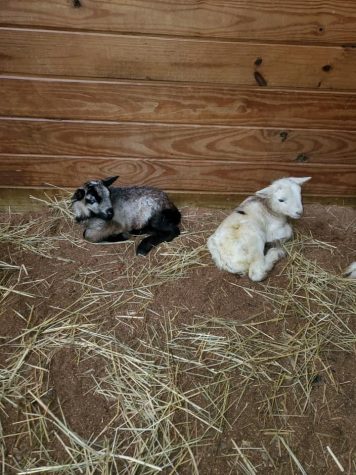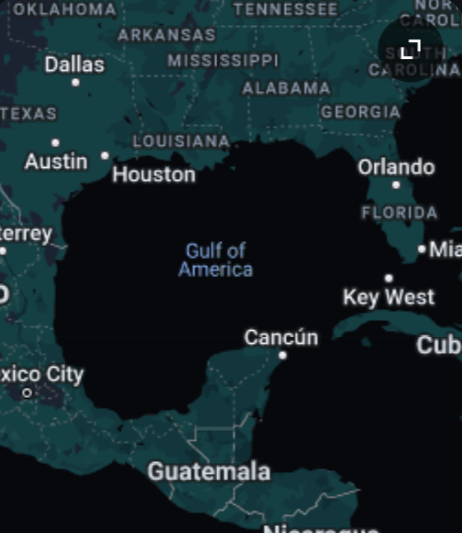Up close and personal with animals
Students prepare for birth of baby animals
April 1, 2020
 As spring rushes in, North Harford is preparing for the birth of some baby animals in our barn. The Hawks are expecting about three or four ewe (sheep) and about 10 sow (piglets).
As spring rushes in, North Harford is preparing for the birth of some baby animals in our barn. The Hawks are expecting about three or four ewe (sheep) and about 10 sow (piglets).
Ag Teacher Mrs. Amiee Densmore says that the “lambs should be born sometime in the next 3 weeks.” Densmore also mentions the “[NH ag department] bought piglets to show at the Harford County Farm Fair that should be here in the next couple of weeks, and our piglets here should be born on April 10.”
The animals will be taken care by the students which Densmore also mentions, “the students are responsible for the care of the animals during the week.” and during the summer “All of the teachers and Mr. Murrell take care of the barn animals on the weekends, holidays, and summer.” Densmore, who is currently the barn manager, is in charge of ordering feed, “arranging vet visits, farrier [person who trims horses hooves], dentist visits, register the animals and students for the Fair, and attend the monthly fair meetings.” Not only does Densmore take care of all this but also all the Ag teachers.
Before the animals are birthed the Ag department “ make[s] sure to vaccinate the mothers so they will pass on immunity to their young,” according to Densmore. She also gives the students “Lamb cuddle time” which increases the interaction between the student and animals so the animals will be used to being handled during birth. When the piglets are born, Densmore and the Ag Department “give them iron shots to boost their immunity, notch their ears to identify them, clip their needle teeth so they won’t hurt the sow’s udder, dip their navel cords to help it dry up and prevent bacteria from entering their bodies, and we castrate the male pigs.”
Most importantly the department “ensures[s] that all animals have the highest nutrition possible.” The reason this is such a big deal is due to the fact that it is such a good learning experience for the students. Densmore says, “the students can witness birth, and they learn how to care for these animals first hand.” Densmore also says “the students work with their animals for many, many hours to prepare them for the shows, so they learn a lot of responsibility and problem solving.”
Overall, the production of new animals is a rare yet useful experience to the Ag students . Learning how to take care of the animals that are pregnant and or brought into the world is so helpful to the students. students that want to pursue in the agriculture area could use this learning experience in resumes, or just in life to learn how to take care of the young. see you in april new baby animals! we hope to take care of you and nurture you to good health
















